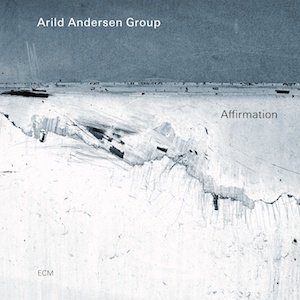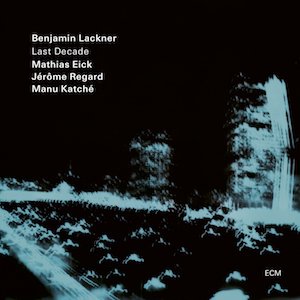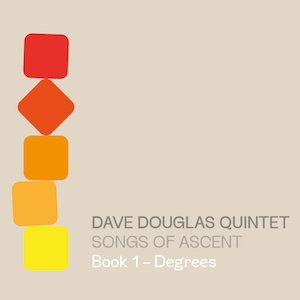Label: Irabbagast Records, 2022
Personnel - Jon Irabagon: tenor saxophone; Matt Mitchell: piano, Fender Rhodes; Chris Lightcap: electric, acoustic bass (#4); Dan Weiss: drums.
Guests: Miles Okazaki: guitar (#3,6); Adam O’Farrill: trumpet (#5,7).
Walking blazing trails that show all his musicality and technical prowess, saxophonist Jon Irabagon puts together seven incredible pieces inspired by and composed during a post-pandemic-restrictions road trip to the American Mountain States (South Dakota, Idaho, Utah, Colorado and Wyoming).
On the album, aptly titled Rising Sun, Irabagon is joined by a virtuosic rhythm section that includes the ultra-modern keyboardist Matt Mitchell, the sturdy bassist Chris Lightcap, who eschewed his usual upright for an electric bass guitar (the sped-up rendition of Dizzy Gillespie’s “Bebop” is the exception), and the driving drummer Dan Weiss.
The session, dedicated to saxophonist Barry Bergstrom, starts freely bouncing with “Sundance”, which sets the mood with excitement and post-bop verve. Irabagon’s language is professed with impressive details and superb articulation. After unison segments with Mitchell, it's the pianist who deconstructs with polyrhythmic consciousness. This number becomes balmy, mellow and bluesy, inviting Lightcap for a solo, and then vamps with circular demeanor in the changes, gaining a dimension that evokes the folk jazz of Keith Jarrett, the avant-garde intensity of David Murray, and the sophistication of Sonny Rollins.
“Alliance” cuts across in post-modern fashion. Apart from anything else, Weiss introduces the proceedings, and his work is subsequently consolidated with a motivic, wildly loping bass line full of funk. In the background, Mitchell is on the loose, while Irabagon, making a delayed entrance, expands the motif at the base during his powered flight. In the third part of the song, the group installs a pulsating Latin feel, escalating into a spirituality that recalls Pharoah Sanders.
The bandleader launches “Hoodootoo” unaccompanied, moderately growling with expression and extracting focused pitches from his horn. Intervallic mosaics stimulate the group, here turned into a quintet due to the responsively rowdy presence and progressive vision of guest guitarist Miles Okazaki. Amping the energy to new heights via stitching wha-wha fabrics, the latter also plays on “Rising Sun”, a nearly hallucinogenic trip set in motion with rapturous free-funk liberties.
Trumpeter Adam O’Farrill builds a formidable frontline coalition with Irabagon on two numbers: the cool but heavy in pace “Mammoth”, which is initially peppered by the saxophonist with inside/outside agility, metric balance and soulful posture; and the closing “Needles”, where the dance continues with Weiss momentarily on the spotlight.
Abounding in freshness, this is a pure saxophone treat that shows why Irabagon is one of the most foremost saxophonists of our times.
Favorite Tracks:
01 - Sundance ► 05 - Mammoth ► 06 - Rising Sun








































